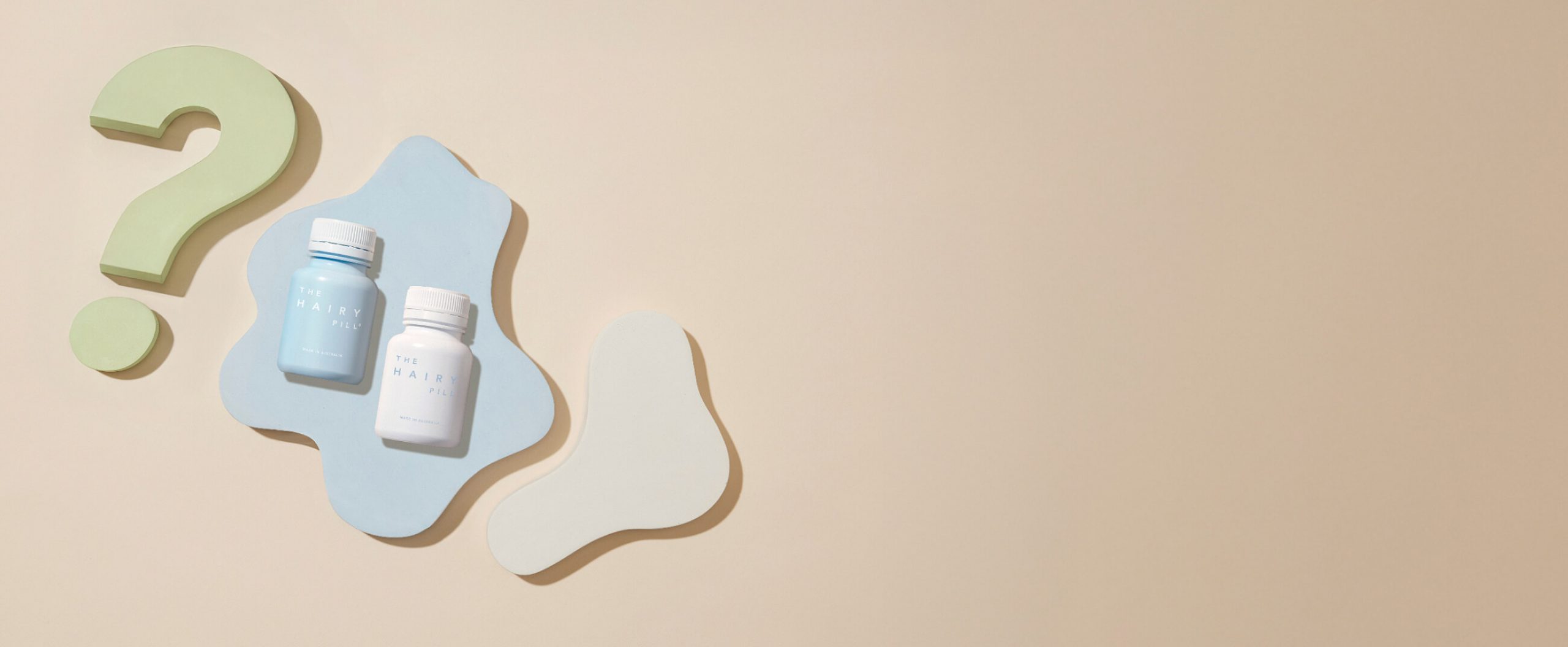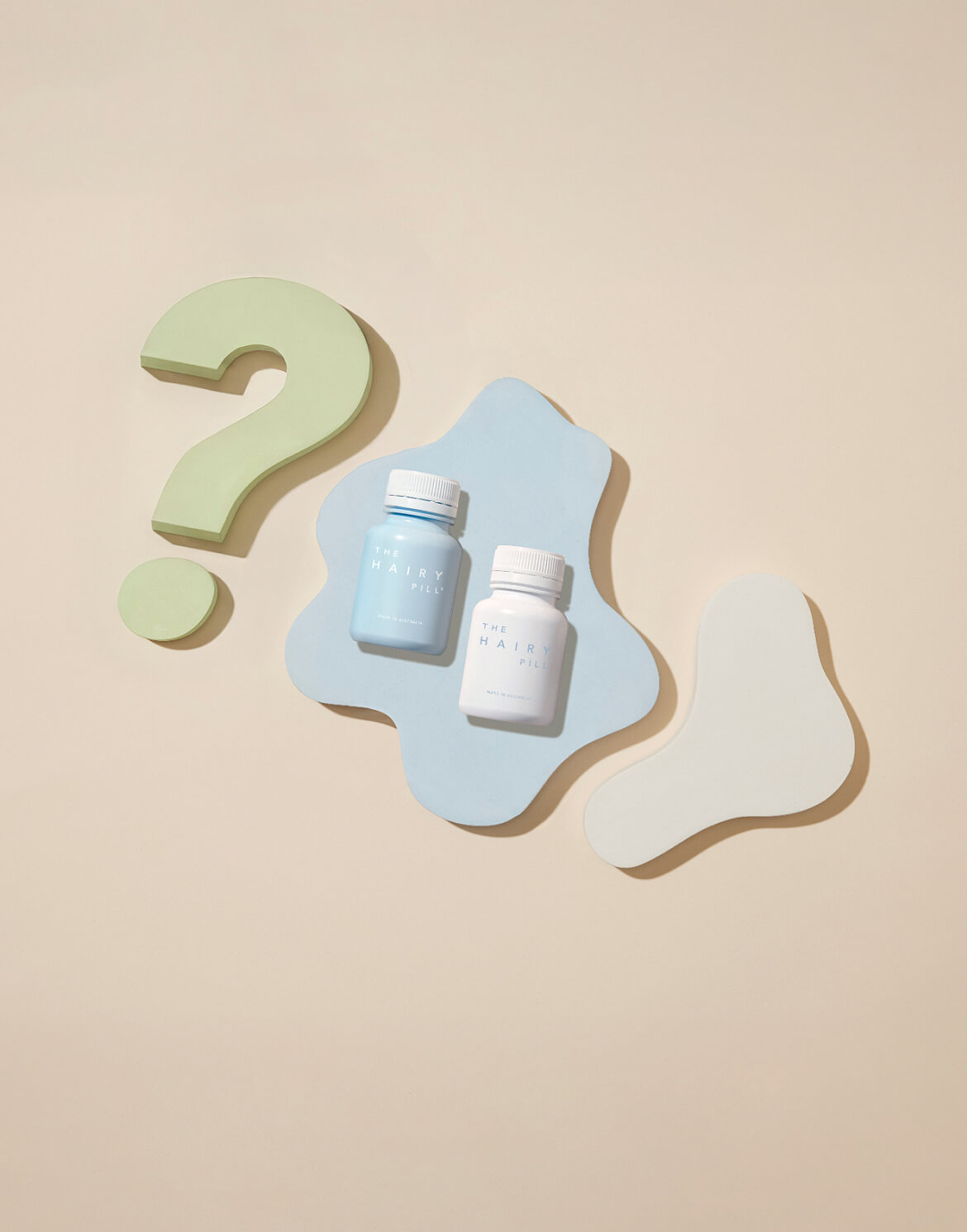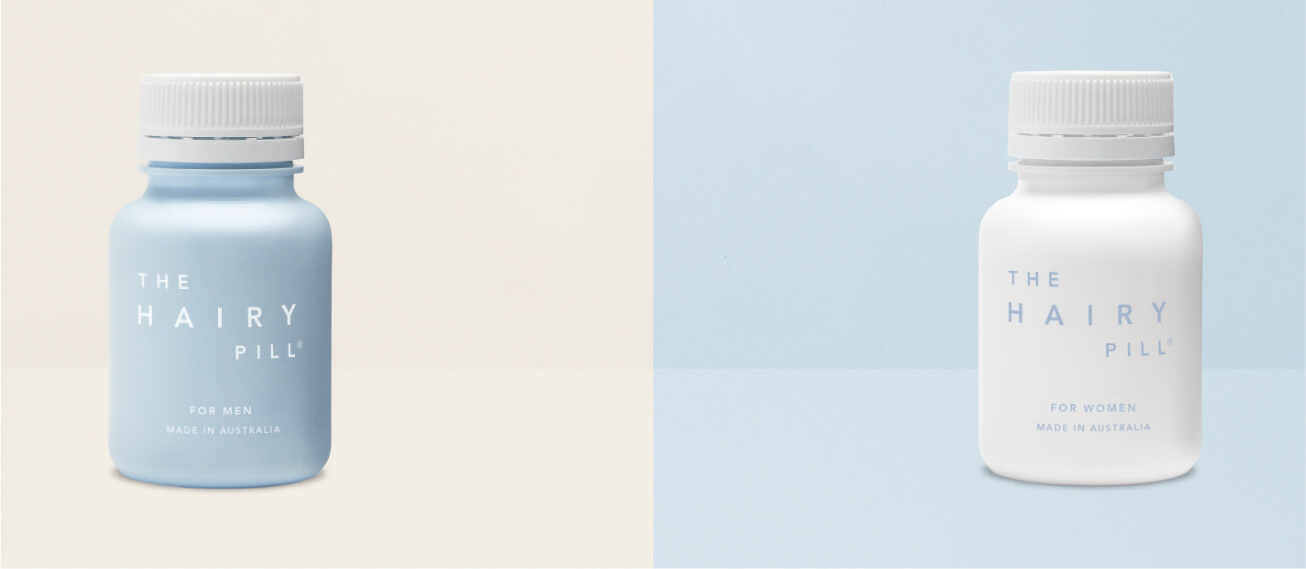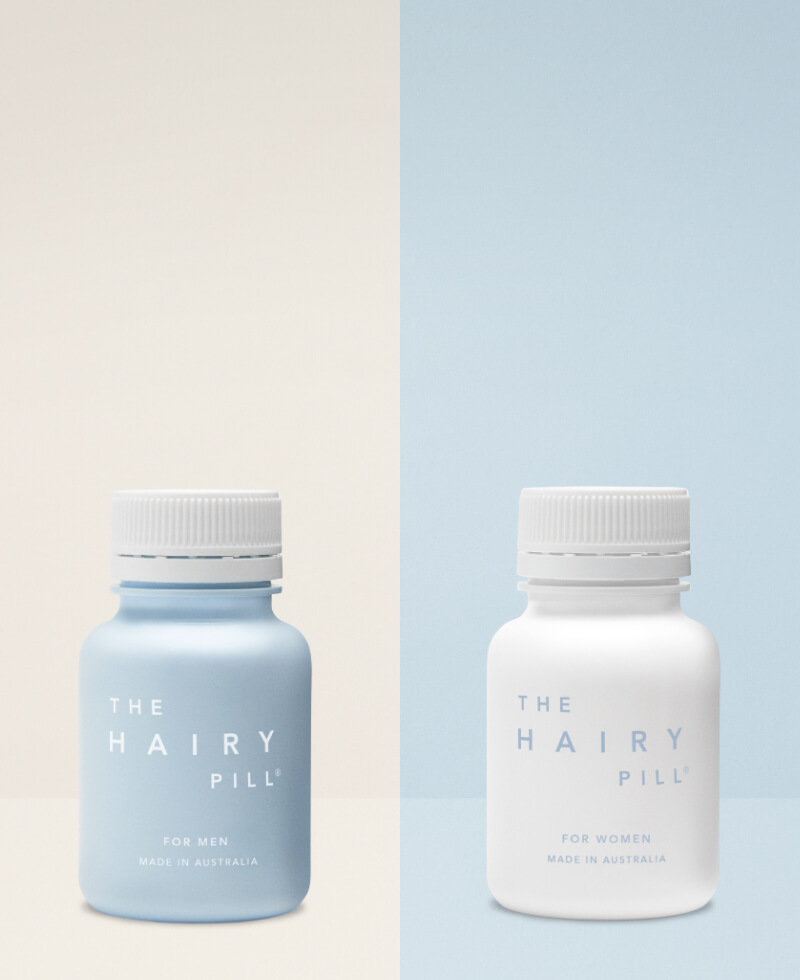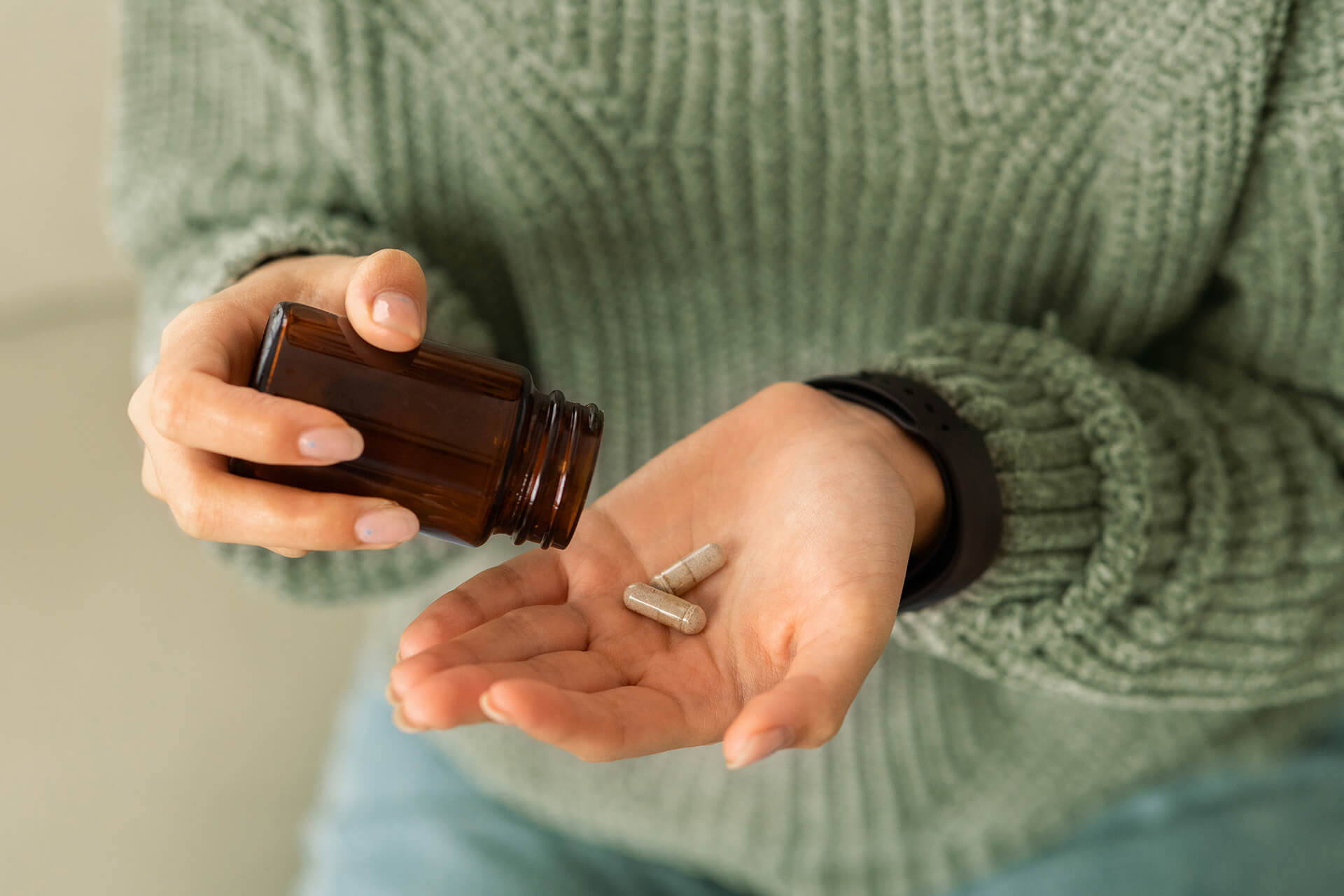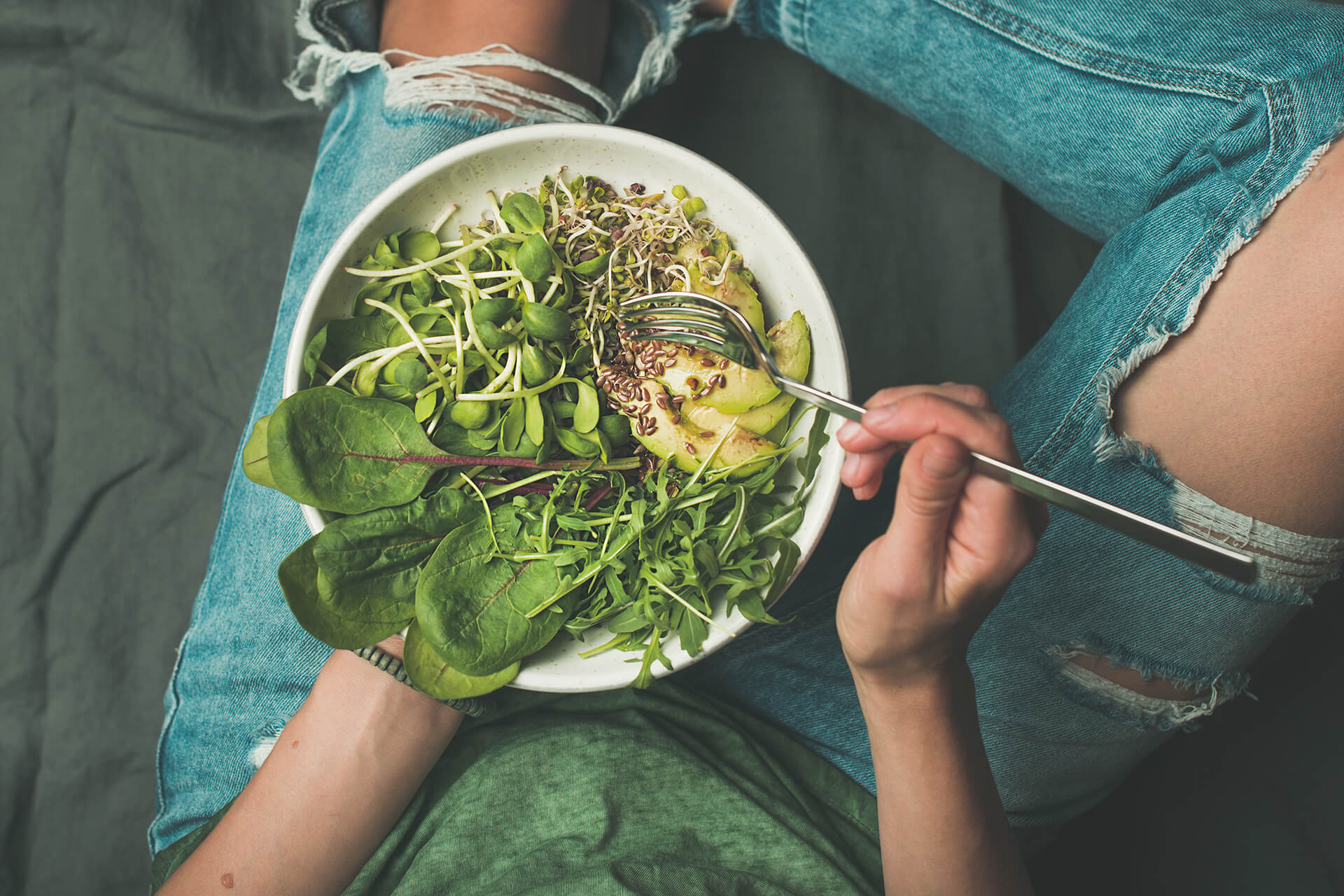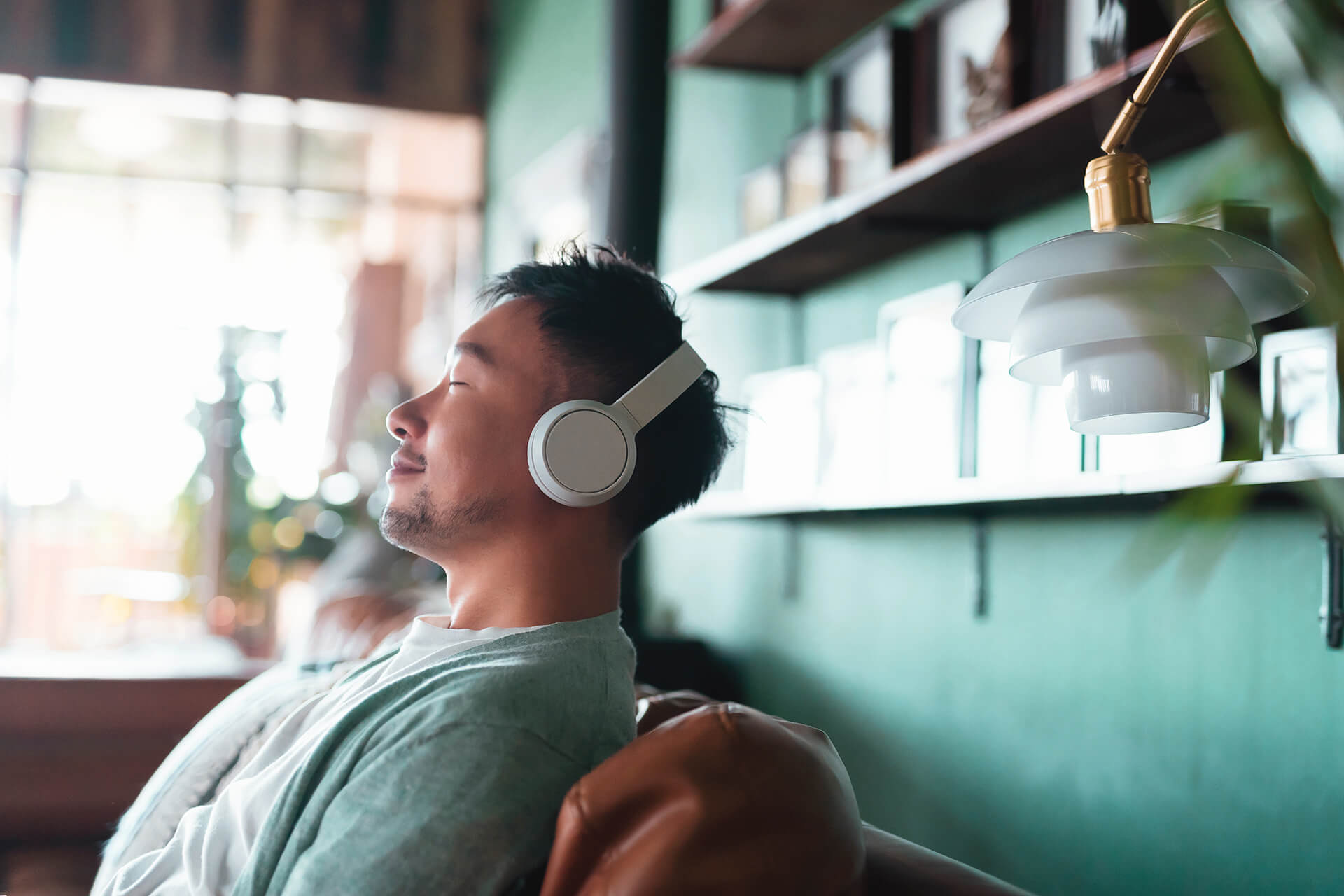Say one word to your family and friends about wanting to grow and thicken your hair and chances are they’ll swear by their own home remedy.
Home remedies for hair growth and thickness have existed for centuries, sworn by and passed down through generations. Unfortunately, researchers don’t put much stock in these old wives tales so we don’t have a lot of data about their effectiveness.
Despite this, we’ve had a look at what the science says about the most popular hair growth home remedies. None are as effective as a personalised hair loss treatment but here are some of the most promising ways to increase hair growth at home.
Home Remedies — Supported by Science
Want to know how to increase hair growth with a home remedy? The remedies we list below have shown some promising results in preliminary studies.
But a word of warning before you start dunking your head in a homemade concoction: None of these home remedies have enough data to confirm their effectiveness.
They’re also unlikely to help if your hair loss is caused by a more serious underlying condition. If you’re concerned about your hair loss, it’s best to speak to a doctor about more proven treatment options, such as hair loss medication.
Massage the Scalp
Scalp massages are often touted as miracle cures but what does the science say?
Regular scalp massages may increase blood flow and stimulate the dermal papilla cells to grow hair. Adding a natural oil (perhaps one we look at below) during the massage may also hydrate the scalp.
In 2016, a Japanese study found that men had thicker hair after undergoing 4-minute scalp massages every day for 24 weeks.
Admittedly, this was a tiny study on just nine healthy males but in 2019, a year-long study was published that focused on the effect of regular scalp massages on more than 300 men with male pattern baldness.
At the end of the 2019 study, almost 69% of the men reported that their hair loss had stabilised or they had even noticed hair regrowth.
There’s not enough scientific evidence to be able to declare scalp massages a cure for hair loss but there’s also no harm in trying.
Scalp massage devices are available but finger massages work just as well. Use the pads of your fingertips (not the fingernails!) to massage the scalp in small circles with light to medium pressure.
Try Coconut Oil Hair Masks
Coconut oil is a type of triglyceride (fat) that has been used as a natural hair mask for centuries in predominantly South Asian and South American countries.
Why do so many people around the world swear by coconut oil?
Let us count the reasons.
For a start, it’s an emollient, which means that once it coats the hair, it seals the cuticle and traps in moisture.
We don’t need science to tell you it’s an excellent lubricant. By flattening the surface of each strand of hair, coconut oil makes it easier for you to detangle your hair, preventing damage.
On the other hand, we do need science to look more deeply at some of its other potential benefits.
In a 2003 comparison of different oils, two researchers found that coconut oil was also the only oil that protects your hair from damage caused by protein loss.
This might be because it has a low molecular weight and is full of healthy fatty acids called lauric acids, so it can get deep into the hair shaft.
It also contains the fatty acid monolaurin, which has antifungal and antibacterial properties.
The fact that coconut oil can penetrate deep into each strand of hair is great because it’s full of vitamins and antioxidants. But one longitudinal study also found that topical coconut oil may help enrich your scalp’s microbiome, which can make your hair healthier.
Despite all this, there isn’t much evidence that coconut oil improves hair growth. But it’s a low-risk home remedy so there’s no harm in giving it a go.
You can massage coconut oil into your scalp and over your hair either before or after washing. Just remember that it’s a fat so it may clog your pores or leave your hair feeling greasy. If you already have oily hair, it’s best to leave it in dry hair overnight or for a few hours before washing it out.
Rub in Onion Juice
Onion juice is hardly one of the most appealing home remedies for hair growth but would you give it a go if you knew it worked?
Well, the evidence isn’t definitive on this point — yet.
All we have to lean on is a small 2014 study on people with an autoimmune hair loss condition called alopecia areata.
In this study, patients applied crude onion juice twice daily for two months. Regrowth began to appear just two weeks after treatment and by week 6, almost 87% of patients saw regrowth. Men saw a fair bit more improvement than women.
Naturally, we need a lot more data to say with any certainty whether onion juice may be an effective home remedy for hair loss. But it’s believed to work because of the onion’s high sulphur content, which may strengthen hair, hydrate the scalp, and reduce inflammation.
This is a true home remedy. You can make it at home by simply blending some onions and squeezing out the juice in a straining cloth. Apply the onion juice directly onto the scalp — no need to dilute — and wash it out after at least 15 minutes.
Beware: Onion juice has a potent odour. Wash your hands thoroughly afterwards.
Eat a Balanced Diet
The adage that you are what you eat applies just as much to your hair as to any other part of your body. Certain vitamin deficiencies have been linked to hair loss and that makes sense — healthy hair requires nutrients.
Making sure you eat a balanced diet is fairly easy and offers benefits that go far beyond healthy hair. Personalised hair supplements may also help.
Discover if The Hairy Pill® is right for you.
Take our short hair health quiz and we will work out if The Hairy Pill® can help you and your hair.
Take the quizTime to Talk to a Doctor?
Most hair loss is caused by genetics but it can also be the result of an underlying medical condition. Whether it’s inherited or medically triggered, home remedies can only do so much.
The best results for hair growth and thickness are achieved by personalised treatments, such as The Hairy Pill® men’s hair loss treatment and women’s hair loss treatment.
When you sign up for The Hairy Pill®, your treatment includes access to regular reviews with a doctor. Based on these reviews, your partner doctor may adjust the ingredients or dosage of your daily pill to ensure it meets your unique needs.
Ready to begin your hair growth journey? Get started now.
Ready to start your hair growth journey?
- Free express shipping
- Unlimited doctor consultations
- Simple once a day treatment



